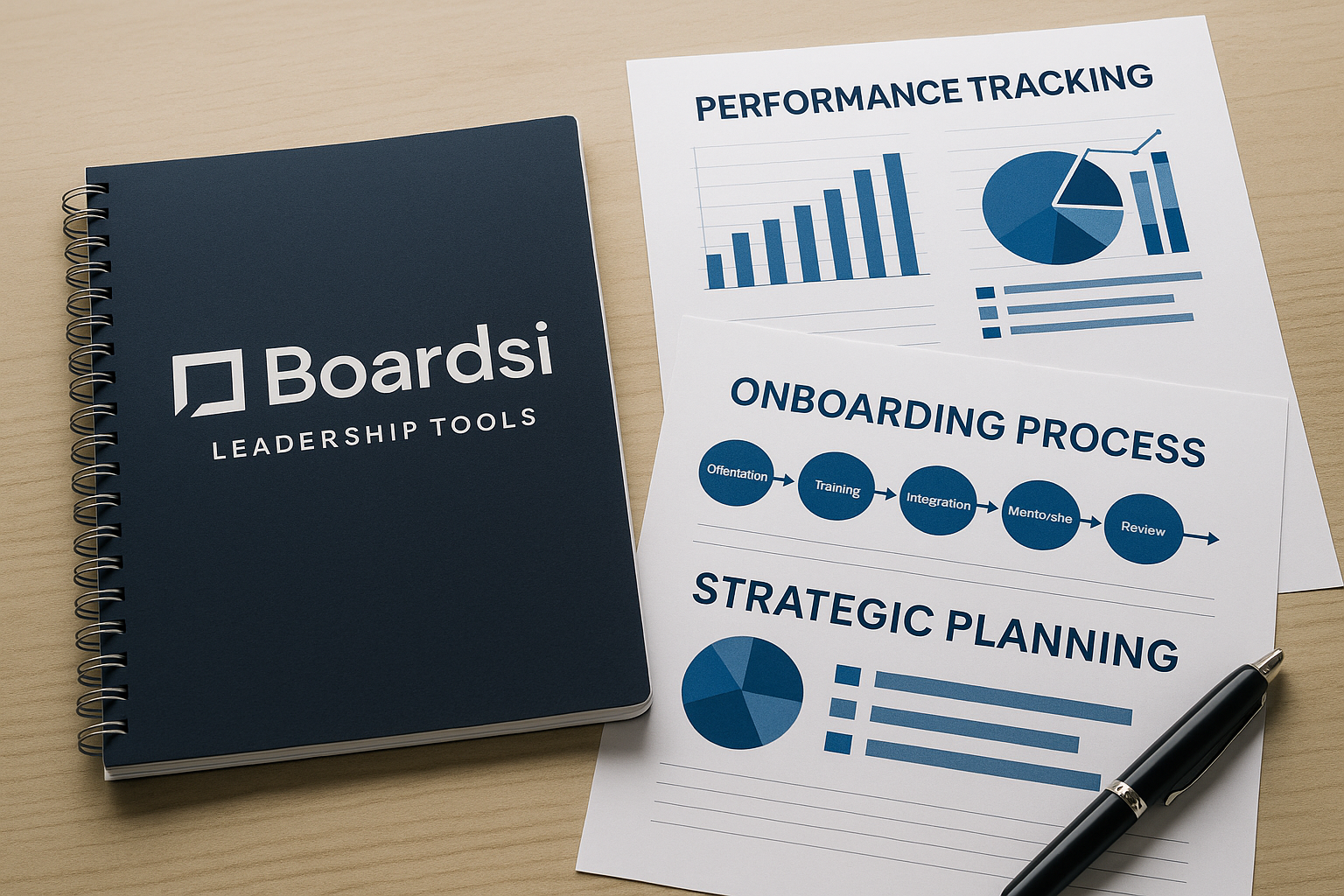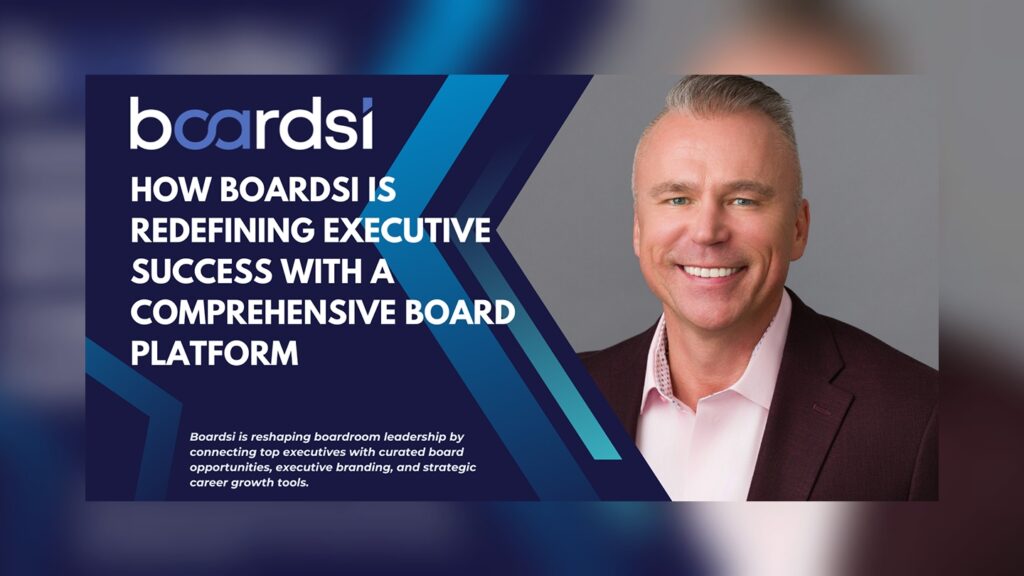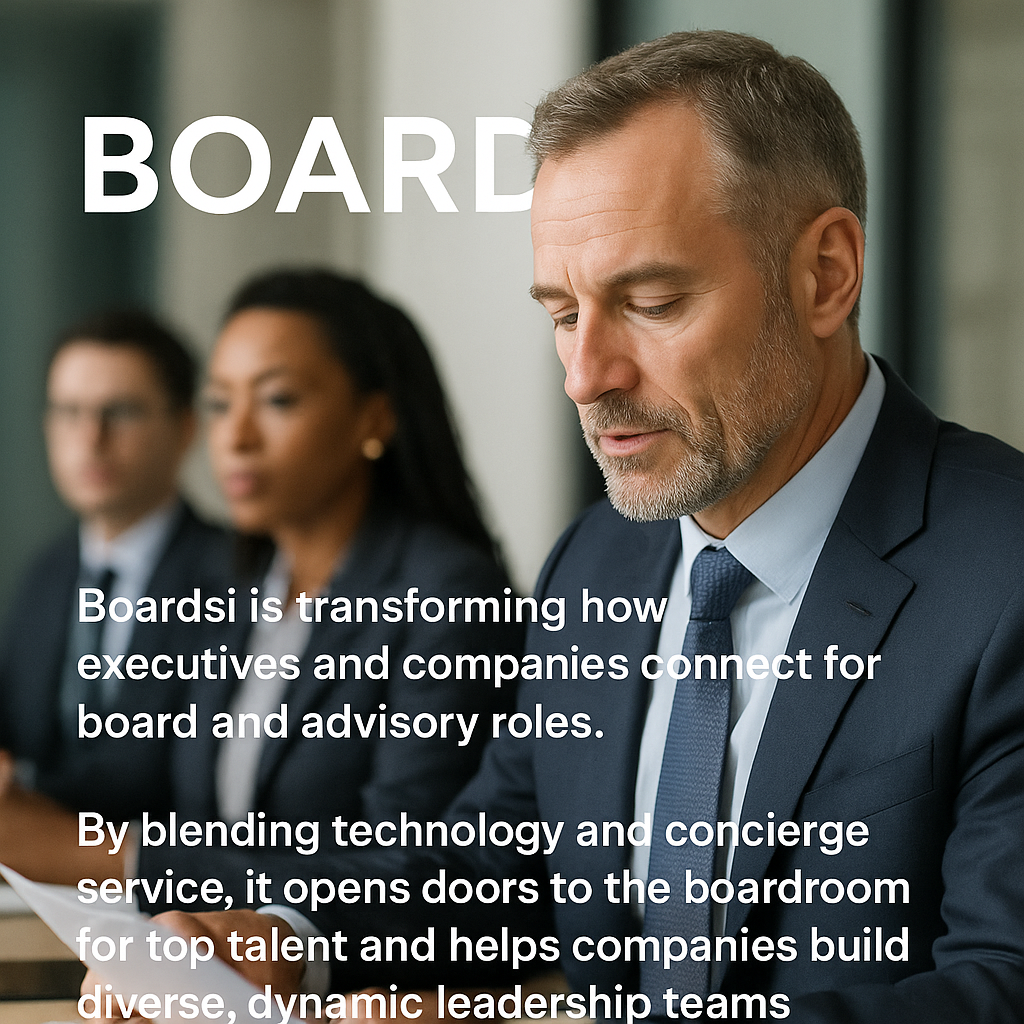Every successful organization faces a critical question: who will lead us tomorrow? Leadership succession is the strategic process of identifying and developing the next generation of leaders to ensure the organization’s continued success. Boardsi.com, a leading platform for board management solutions, recognizes the importance of leadership succession. This article delves into the key steps for successful leadership succession planning, explores the benefits of proactive planning, and highlights how Boardsi.com empowers organizations to build a strong leadership pipeline.
Beyond Reactive Measures: The Importance of Proactive Leadership Succession
Many organizations approach leadership succession as a reactive response to impending departures. This approach can lead to instability and missed opportunities. Proactive planning for leadership succession offers significant benefits:
- Smooth Transitions: Ensure a smooth handover of leadership responsibilities, minimizing disruption to the organization.
- Enhanced Talent Development: Invest in the professional development of high-potential employees, preparing them for future leadership roles.
- Improved Strategic Planning: Align leadership succession plans with long-term strategic goals to ensure continuity and direction.
- Enhanced Board Effectiveness: Boards play a crucial role in leadership succession planning, ensuring the selection of qualified candidates.
- Increased Employee Morale: Demonstrate a commitment to developing internal talent, fostering employee loyalty and engagement.
Key Steps for Successful Leadership Succession Planning
To ensure a smooth and successful leadership succession, follow these key steps:
- Identify Future Leadership Needs: Define the skills and experiences required for future leaders based on your organization’s strategic goals.
- Talent Assessment & Development: Identify high-potential employees through performance reviews, assessments, and development programs.
- Mentorship & Coaching: Provide high-potential employees with mentorship and coaching opportunities to accelerate their leadership development.
- Succession Planning Committee: Establish a dedicated committee comprised of board members and senior executives to oversee the succession process.
- Communication & Transparency: Communicate the leadership succession plan clearly to board members, employees, and other stakeholders.
Boardsi.com: Empowering Your Leadership Succession Journey
Boardsi.com provides valuable tools and resources to empower your leadership succession planning:
- Board Evaluation & Development Tools: Assess the effectiveness of your board in overseeing leadership succession and identify areas for improvement.
- Performance Management Software: Track employee performance and identify high-potential individuals with leadership capabilities.
- Board & Executive Development Resources: Access valuable resources on developing and mentoring future leaders.
- Secure Communication Platform: Facilitate secure communication between board members, executives, and potential successors.
Building a Legacy of Leadership
Effective leadership succession is not just about filling open positions – it’s about building a legacy of strong leadership. By implementing a proactive strategy and utilizing Boardsi.com’s tools and resources, organizations can ensure a smooth leadership transition and position themselves for continued success in the years to come.
#leadershipsuccession, #talentmanagement, #leadershipdevelopment, #boardsi, #boarddevelopment, #corporategovernance, #business, #strategy, #success, #future









